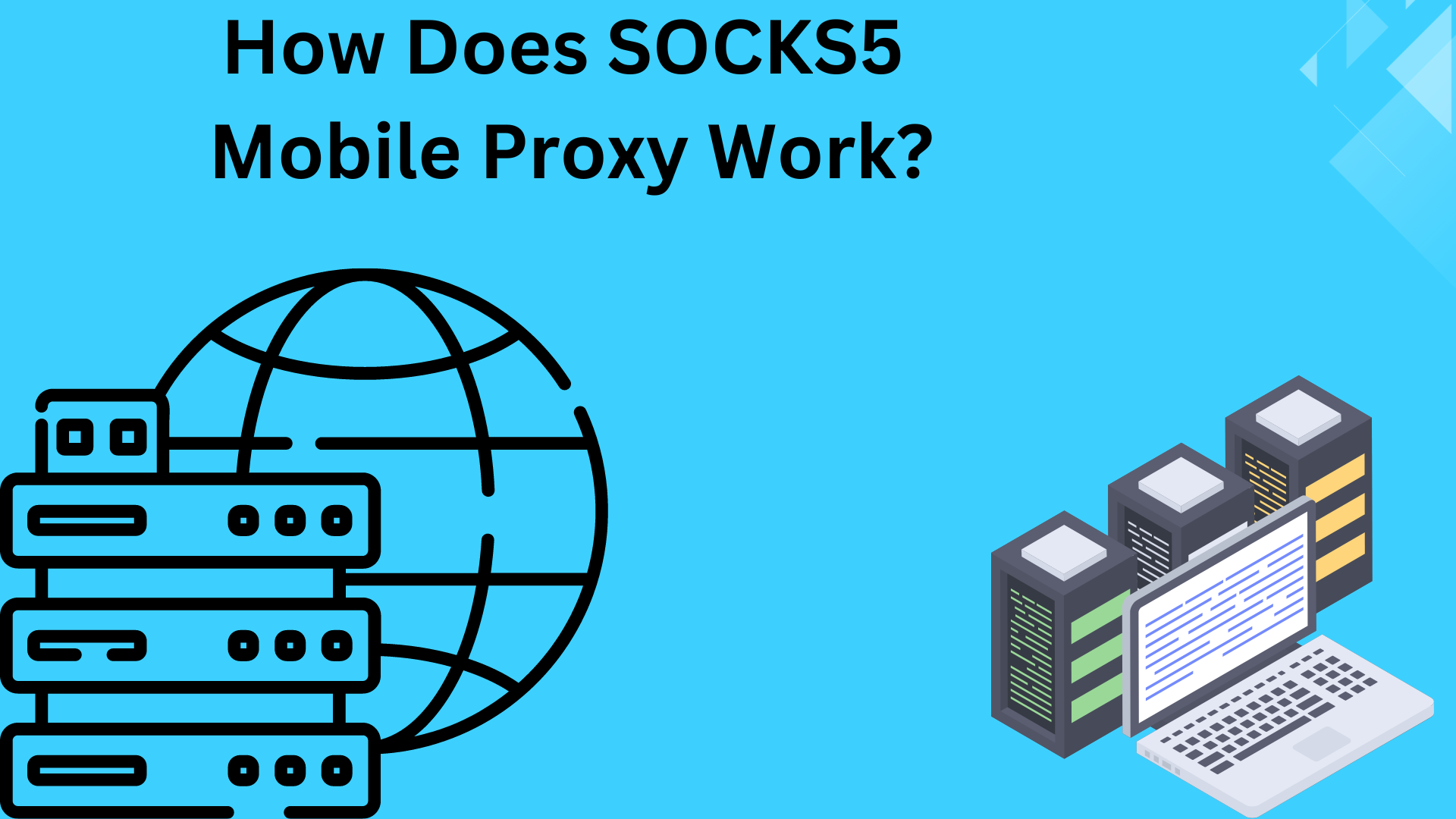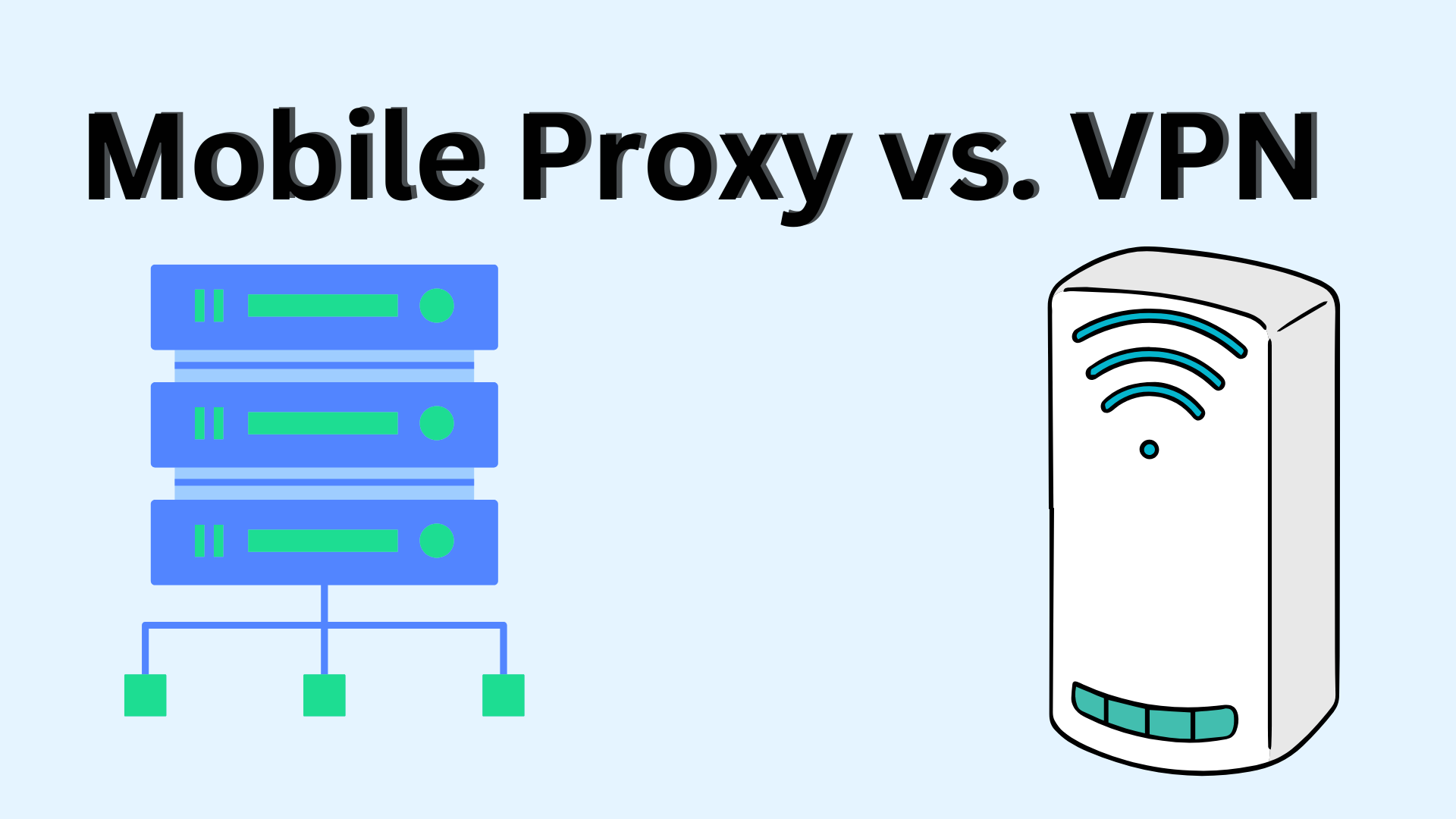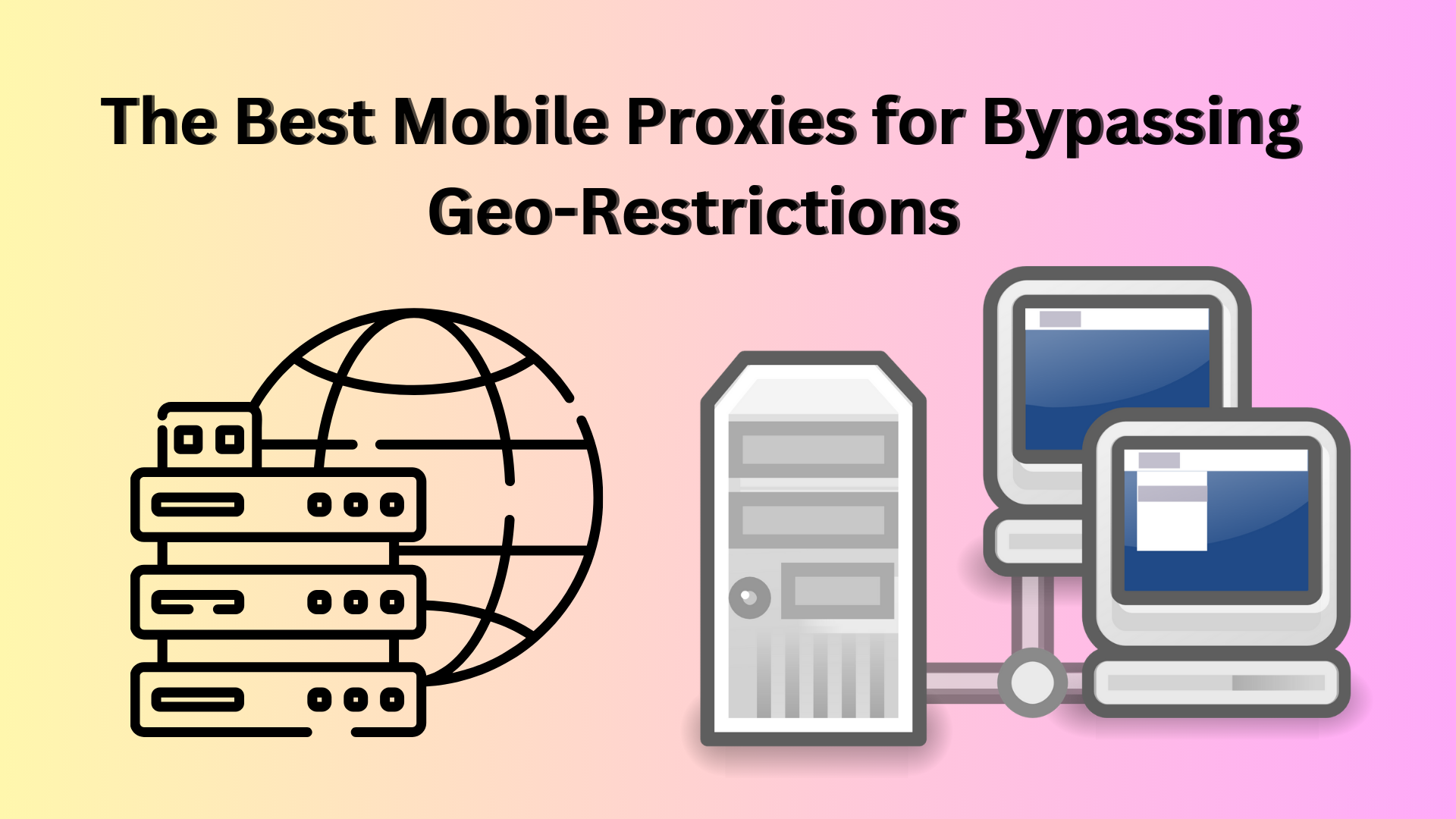A SOCKS5 mobile proxy works as an intermediary server that routes your internet traffic through a mobile network, masking your original IP address with one associated with a mobile device. Here’s a breakdown of how it works:
1. SOCKS5 Protocol
- SOCKS5 is an internet protocol that allows for more secure and flexible data transfer between a client (your device) and a server. Unlike earlier versions, SOCKS5 supports authentication and UDP (User Datagram Protocol), making it more versatile for various types of traffic, including browsing, streaming, and gaming.
2. Mobile Network
- The “mobile” aspect means that the IP address provided by the proxy comes from a mobile carrier, typically assigned to smartphones or other mobile devices. This makes your traffic appear as if it’s coming from a mobile device rather than a fixed broadband connection.
3. Proxy Server
- When you connect to a SOCKS5 mobile proxy, your internet requests are routed through the proxy server. This server is connected to the internet via a mobile network, so it assigns you a mobile IP address.
- The proxy server forwards your requests to the target website or service and then relays the responses back to you. This process hides your original IP address and can bypass certain geo-restrictions or access blocked content.
4. Advantages
- Anonymity: Your real IP address is hidden, providing greater privacy.
- Bypassing Restrictions: Since your IP appears as a mobile one, you can bypass firewalls, geo-blocks, and other forms of censorship more easily.
- Versatility: SOCKS5 supports various protocols and traffic types, making it suitable for different applications, from web browsing to peer-to-peer (P2P) file sharing.
5. Use Cases
- Web Scraping: Businesses use SOCKS5 mobile proxies for web scraping, as they can rotate IP addresses to avoid detection and bans.
- Ad Verification: Companies verify how their ads are displayed in different regions using mobile proxies.
- SEO Monitoring: Mobile proxies help in monitoring search engine results as they appear to users in specific locations.
In summary, a SOCKS5 mobile proxy works by routing your internet traffic through a proxy server connected to a mobile network, masking your IP address with one from a mobile carrier and providing greater anonymity, flexibility, and access to restricted content.





